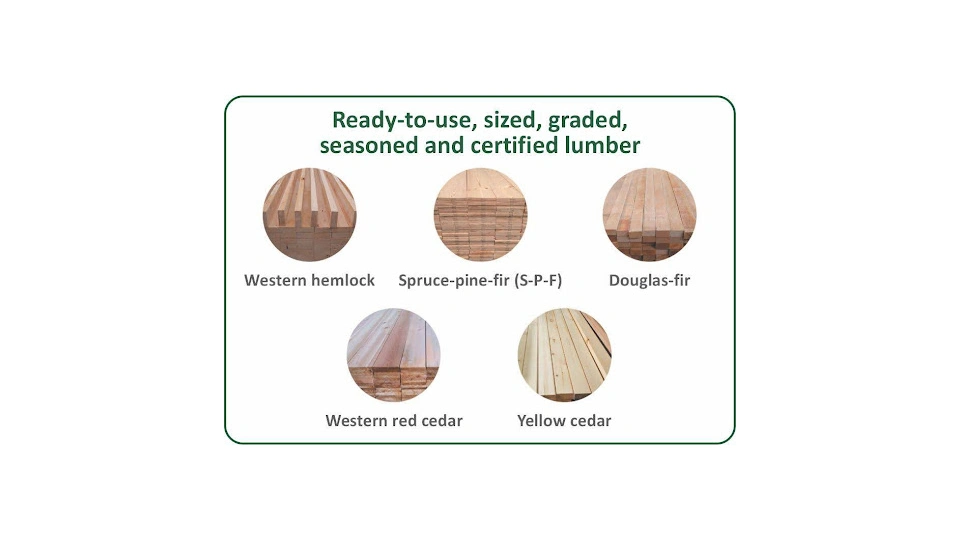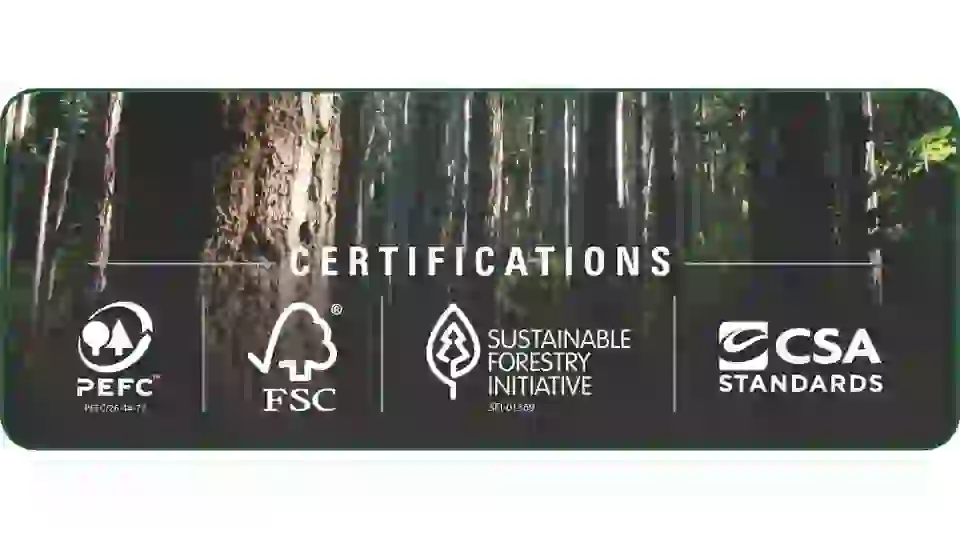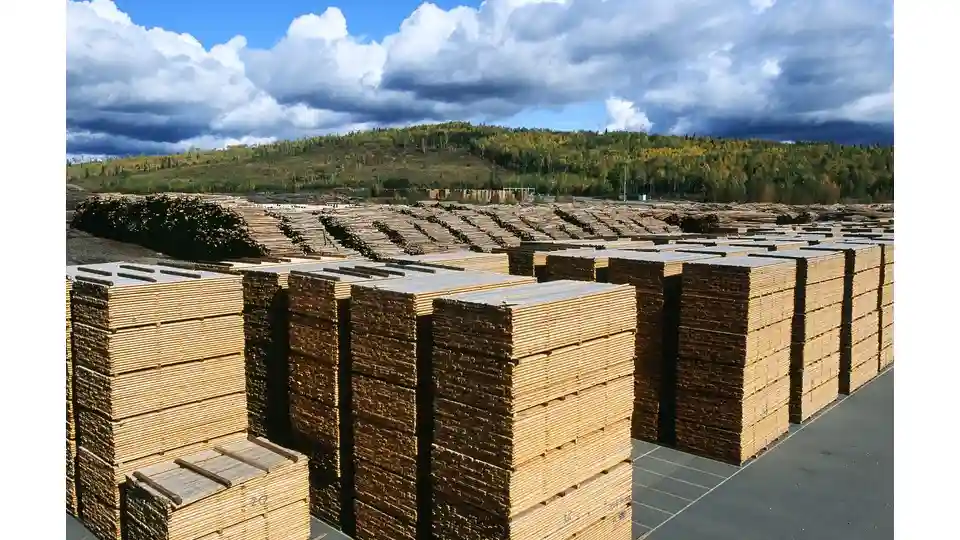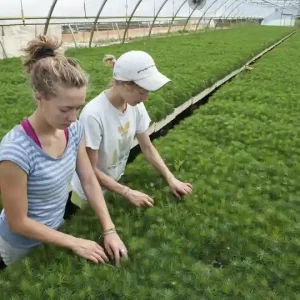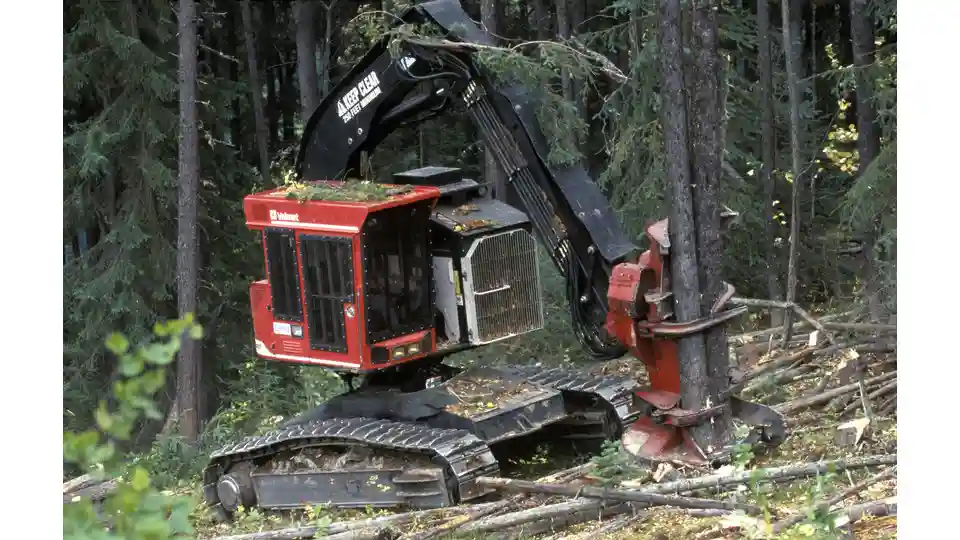The twenty-first century raised a general consciousness about the environment which made wood one of the most effective solutions to achieve a sustainable world. B.C. Canada has emerged as the leader among responsibly sourced suppliers of wood through its sustainable forestry practices and forest management certifications. Analysts expect the Indian wood market to grow from USD 1 billion in 2024 to USD 1.47 billion by 2029 at a CAGR of 8%, making India one of the largest wood consumers in the world. A renewed and heightened interest in sustainably harvested wood primarily drives this growth. An increasing number of young Indian urban families with rising incomes and who are more aware and exposed to the idea and benefits of environmental sustainability contribute to this growth. Canadian Wood is the most authentic and reliable choice of responsibly sourced and certified wood species for Indian consumers.
How does Canadian Wood’s certified species from B.C. forests upgrade India’s woodworking industry?
All five distinct Canadian Wood species – Douglas Fir, Western Hemlock, Western Red Cedar, Yellow Cedar, and Spruce Pine-Fir (SPF) have established credibility as they are sourced from British Columbia (B.C.) forests. These forests are located at the western edge of Canada, British Columbia (B.C.). They are widely popular as the leading provider of certified wood harvested through sustainable methods, which includes world-class sustainable forest management practices. This also has a positive impact on international trade, especially in India, as there is an assurance of quality and authenticity of the wood being responsibly sourced as it complies with strict forest legislation as well as meeting global certification standards. It gives the Indian woodworking industry that uses Canadian Wood a competitive advantage over others. This is because they can convince their consumers and cater to their increasing demand for sustainably harvested wood, supported by global certifications.
Enhancing sustainability through rigorous forest certification in B.C. Canada
The key aspects of the stringent forest management regulations and laws in B.C forests are also their extensive third-party forest certification programs, which include the Canadian Standards Association’s three Sustainable Forest Management Standards (CSA), Sustainable Forestry Initiative (SFI) overseen by the Programme for the Endorsement of Forest Certification (PEFC) and Forest Stewardship Council (FSC).
These certifications boost the brand value of the products and also strengthen its position as a major player committed towards sustainability in the building materials industry. For example, the standard practice of planting a new tree for every harvested one mandated by the B.C. forest management law ensures forest regeneration, maintaining ecological balance and fostering the longevity of the forests.
The social and economic benefits of B.C.’s forest management practices
B.C. Canada’s forest management practices also carry a strong sense of social responsibility beyond their conventional agenda of promoting environmental sustainability. These practices aim to respect and involve local communities and indigenous groups, ensuring the consideration of their rights and perspectives through collaborative efforts. In addition to these social aspects, Its approach emphasizes transparency and efficiency. This means that the forest management processes and decisions remain transparent to ensure effectiveness and fairness.
Furthermore, by focusing on these values, B.C. Canada’s forest management creates job opportunities in rural areas leading to economic empowerment and benefiting communities that are often more isolated or economically disadvantaged.
B.C. Canada – A key asset in India’s path to carbon net zero
B.C. Canada’s comprehensive approach to its practices provides it an edge as a leader in sustainable forestry. It demonstrates a commitment to environmental protection, social responsibility, and economic growth. In India, however, the use of authentic responsibly sourced wood takes on an even greater importance. People consider it not only as a means to promote sustainability but also as a key step to help the country achieve its ambitious goal of carbon net zero by 2070.
The eco-friendly benefits of Canadian Wood: A comprehensive overview
The significance of sustainability has become more apparent as the world confronts environmental crises, compelling people to


